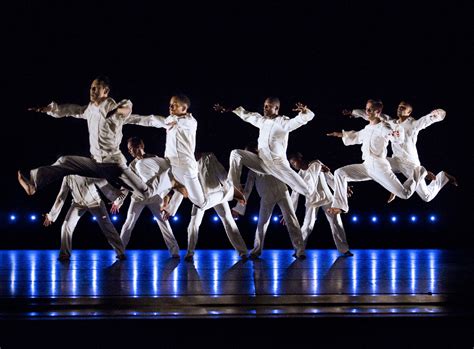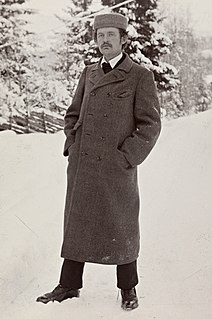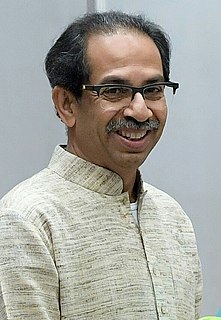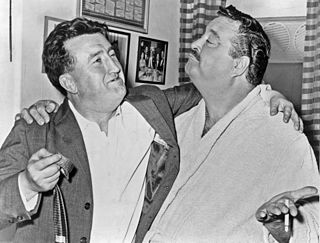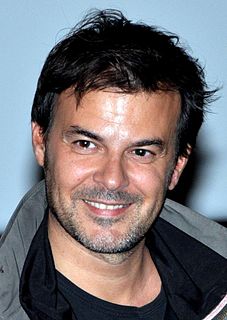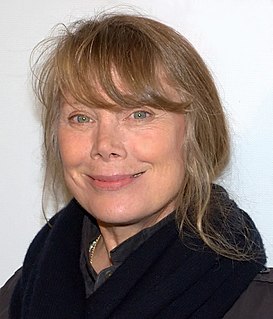A Quote by Marcel Carne
Related Quotes
I think the gift of my mother's death, if anything so terrible can be said to have an upside to it, is that I was always keenly aware that life was fleeting, and that you'd better live while you have the chance. As I say in the book, since I was 19 years old I felt like I was living for two, and when I out-lived my mother, when I got into my forties, it felt like a miracle to me.
I can see now how deeply God's absence affected my unconscious life, how under me always there was this long fall that pride and fear and self-love at once protected me from and subjected me to.... For if grace woke me to God's presence in the world and in my heart, it also woke me to his absence. I never truly felt the pain of unbelief until I began to believe.



